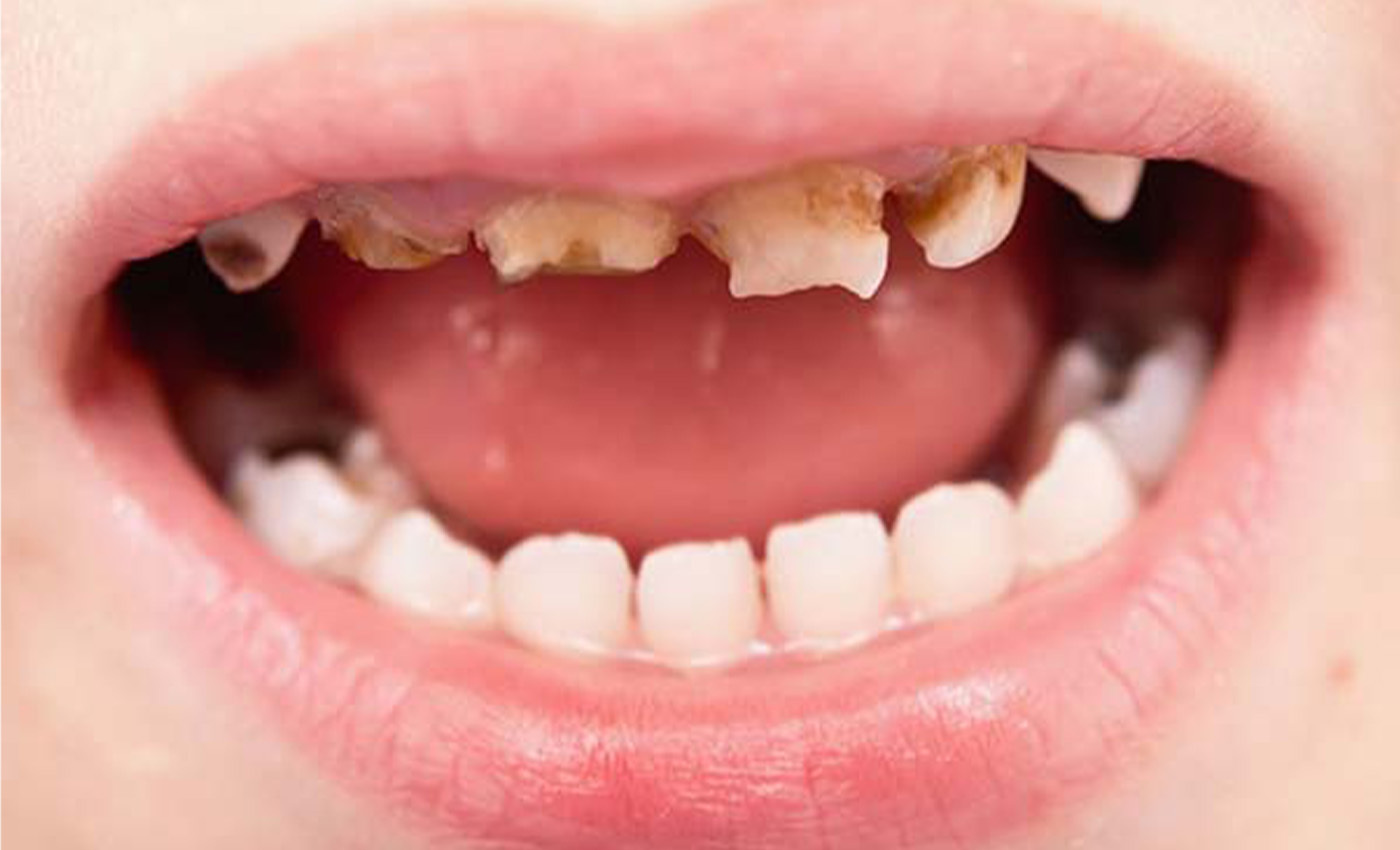
Did you know that dental issues can affect more than just your mouth? From tooth decay to gum disease, these problems can lead to serious health complications if left untreated. Oral health is a window to your overall well-being, and maintaining it is crucial. Cavities are the most common dental issue, affecting people of all ages. Gum disease can cause tooth loss and has been linked to heart disease and diabetes. Bad breath might be more than just an embarrassment; it could signal underlying health issues. Tooth sensitivity can make eating and drinking a painful experience. Bruxism, or teeth grinding, can wear down your teeth and lead to jaw problems. Oral cancer is a serious condition that requires early detection for better outcomes. Stay tuned as we dive into 30 eye-opening facts about dental issues that everyone should know!
Key Takeaways:
- Dental issues like cavities and gum disease are common but preventable. Brushing, flossing, and regular check-ups can help maintain a healthy smile and avoid painful problems.
- Factors like poor oral hygiene, sugary diets, and smoking contribute to dental issues. Taking care of your teeth and making healthy choices can prevent these problems.
Common Dental Problems
Dental issues are more prevalent than you might think. From cavities to gum disease, many people face these problems daily. Here are some facts about common dental problems:
- Cavities are tiny holes in teeth caused by decay. They are one of the most common dental issues worldwide.
- Gum disease, also known as periodontal disease, affects the tissues surrounding teeth. It can lead to tooth loss if untreated.
- Tooth sensitivity occurs when the enamel wears down, exposing the dentin. This can cause discomfort when consuming hot or cold foods.
- Bad breath, or halitosis, often results from poor oral hygiene. It can also be a sign of other health issues.
- Tooth erosion happens when acids wear away the enamel. This can lead to sensitivity and cavities.
- Oral cancer can develop in any part of the mouth. Early detection is crucial for successful treatment.
- Dry mouth occurs when the salivary glands don't produce enough saliva. It can lead to difficulty swallowing and increased tooth decay.
- Toothaches can be caused by various issues, including cavities, gum disease, or an abscess.
- Bruxism, or teeth grinding, often happens during sleep. It can cause tooth damage and jaw pain.
- Impacted teeth occur when teeth don't fully emerge from the gums. This can lead to pain and infection.
Causes of Dental Issues
Understanding the causes of dental problems can help in prevention. Here are some key factors that contribute to dental issues:
- Poor oral hygiene is a leading cause of dental problems. Not brushing and flossing regularly can lead to cavities and gum disease.
- Diet high in sugar can contribute to tooth decay. Bacteria in the mouth feed on sugar, producing acids that erode enamel.
- Smoking and tobacco use increase the risk of gum disease and oral cancer.
- Genetics play a role in dental health. Some people are more prone to cavities and gum disease due to their genetic makeup.
- Hormonal changes can affect oral health. Pregnancy, menopause, and puberty can increase the risk of gum disease.
- Certain medications can cause dry mouth, increasing the risk of tooth decay and gum disease.
- Acidic foods and drinks can erode enamel, leading to tooth sensitivity and decay.
- Grinding teeth can wear down enamel and cause tooth damage.
- Lack of fluoride can make teeth more susceptible to decay. Fluoride helps strengthen enamel.
- Chronic diseases like diabetes can affect oral health. High blood sugar levels can lead to gum disease.
Prevention and Treatment
Preventing dental issues is easier than treating them. Here are some ways to maintain good oral health and treat common problems:
- Brushing twice a day with fluoride toothpaste helps remove plaque and prevent cavities.
- Flossing daily removes food particles and plaque between teeth, reducing the risk of gum disease.
- Regular dental check-ups are essential for early detection and treatment of dental issues.
- Eating a balanced diet low in sugar can help maintain healthy teeth and gums.
- Using mouthwash can help reduce plaque and prevent gum disease.
- Avoiding tobacco products can lower the risk of gum disease and oral cancer.
- Wearing a mouthguard during sports can protect teeth from injury.
- Limiting acidic foods and drinks can help prevent enamel erosion.
- Drinking plenty of water helps wash away food particles and bacteria, promoting oral health.
- Using fluoride treatments can strengthen enamel and prevent cavities.
Final Thoughts on Dental Issues
Dental health is more than just a bright smile. It's about preventing serious problems like tooth decay, gum disease, and oral cancer. Regular check-ups and good hygiene habits can save you from pain and costly treatments. Remember, brushing twice a day, flossing, and avoiding sugary snacks are simple steps that make a big difference. If you notice any unusual symptoms, don't wait. See your dentist right away. Early detection is key to effective treatment. Also, don't forget the importance of a balanced diet for your teeth. Foods rich in calcium and vitamins help keep your teeth strong. By taking care of your oral health, you're investing in your overall well-being. So, keep smiling and stay proactive about your dental care. Your teeth will thank you!
Frequently Asked Questions
Was this page helpful?
Our commitment to delivering trustworthy and engaging content is at the heart of what we do. Each fact on our site is contributed by real users like you, bringing a wealth of diverse insights and information. To ensure the highest standards of accuracy and reliability, our dedicated editors meticulously review each submission. This process guarantees that the facts we share are not only fascinating but also credible. Trust in our commitment to quality and authenticity as you explore and learn with us.
